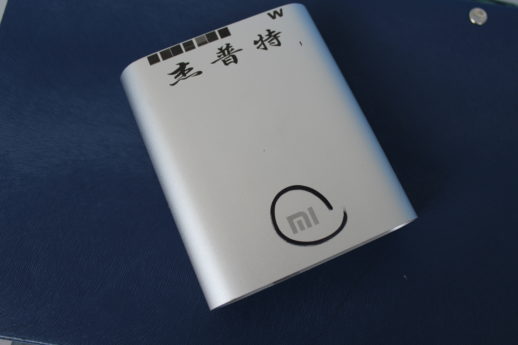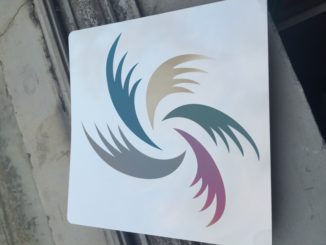MOPA technology and Q-switching technology-Teresa
MOPA technology and Q-switching technology
MOPA technology and Q-switching technology are the mainstream pulse fibe lasers in the market.
However, before 2014, the domestic pulsed fiber laser market was almost monopolized by IPG, SPI and other companies. Since 2014, domestic products such as Shenzhen JPT, Max and other companies have been successfully developed and put into the market. Gradually occupied part of the market share.
As a more advanced laser technology, what are the main differences between MOPA technology and Q-switching technology?
The difference between fiber lasers
At present, MOPA technology and Q-switching technology are the mainstream pulse output fiber lasers in the market.
Q-switching technology
Q-switching fiber laser mainly achieve the power output through a fiber-optic acousto-optic Q-switch (AO). Or as a seed source laser and then through the power amplification
The laser cavity length is long. The pulse width of the output laser is wide. The pulse waveform is difficult to narrow during the amplification process. And the pulse width and the repetition frequency are correlated with each other. The pulse width is generally about 100 ns. And the repetition frequency can be tens of kHz. The single pulse energy is large. Therefore, it has certain advantages in marking metal materials.
MOPA technology
MOPA lasers generally use direct pulse modulation semiconductor laser LD as a seed source. Low power LD can easily modulate output parameters directly by driving current. Such as repetition frequency, pulse width, pulse waveform, etc.It achieves power output through optical pulse amplifier. Meanwhile not changes the basic characteristics of the seed laser.
Therefore, the main feature of the MOPA laser is that the pulse width and repetition frequency are independently adjustable. The pulse waveform can be flexibly modulated by the electrical signal. The pulse width adjustment range is large. Generally between 1-400 ns. What’s more, the repetition frequency adjustment range is 1-2 MHz. It can realize peak power output of up to several tens of kW. It has advantages in the black marking on anodized aluminum and color marking on ss.
In addition, due to the different mechanisms of pulse output, Q-switched lasers are slow on the rising edge of the pulse and cannot modulate. The first few pulses are not available. MOPA fiber lasers use electrical signal modulation, pulse alignment, first pulse Available, with unique applications in some special occasions.
Summary and outlook
MOPA fiber laser has independent pulse width and frequency. It also has a wide range of adjustment parameters. Therefore, the processing is fine and the thermal effect is low. It is professional in black marking on anodized aluminum and color marking on ss. While Q-switched fiber lasers cannot achieve the effect. The Q-switched fiber laser has strong marking force. And also has advantages in deep engraving metal.





